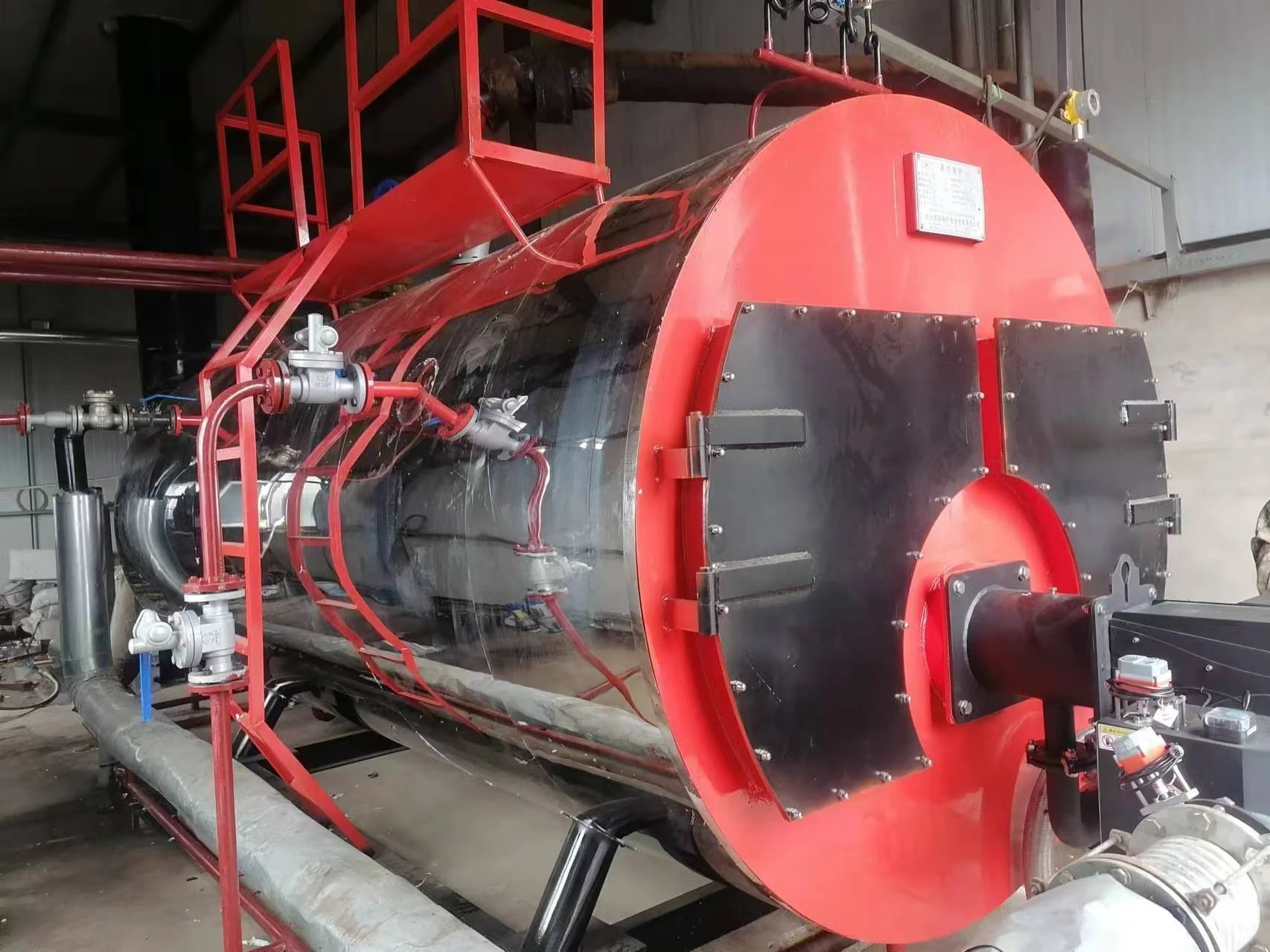
Dez . 05, 2024 12:34 Back to list
Boiler Water Temperature Not Reaching Optimal Levels
Understanding the Importance of Boiler Water Temperature and the Risks of Low Temperature
Boilers play a crucial role in heating systems, providing hot water and steam for various applications, including residential heating, industrial processes, and power generation. A critical aspect of boiler operation is maintaining the water temperature within an optimal range. When the boiler water temperature drops too low, it can lead to various operational and safety issues that can affect not only efficiency but also the longevity of the equipment.
What Happens When Boiler Water Temperature is Too Low?
The primary function of a boiler is to heat water to produce steam or hot water for heating and boiling purposes. When the water temperature is too low — typically below the manufacturer's specified thresholds — several adverse effects can occur
1. Inefficient Heat Transfer Boilers are designed to operate at specific temperatures to maximize heat transfer efficiency. Low water temperatures can hinder proper heating, causing an increase in energy consumption as the system struggles to reach the necessary temperature levels.
2. Condensation and Corrosion Low temperatures can lead to the condensation of flue gases within the boiler. This condition promotes the formation of acids, which can corrode boiler components over time. The presence of moisture and acidic compounds not only reduces the boiler's efficiency but can also lead to costly repairs or replacements.
3. System Instability A drop in water temperature can affect the overall stability of the heating system. This may result in fluctuation in pressure levels, potentially triggering safety mechanisms that can shut down the system to prevent damage, leading to downtime and economic losses.
4. Ineffective Heating For applications requiring consistent hot water, such as in industrial processes or residential heating, low boiler water temperatures can result in inadequate heating supply. This can disrupt operations, lead to discomfort, and, in some cases, damage products that require precise temperature controls.
5. Fouling and Scale Buildup Operating at lower temperatures can lead to the accumulation of soot and scale on boiler components. These deposits can diminish efficiency and even block heat exchange surfaces, necessitating more frequent cleaning and maintenance.
Causes of Low Boiler Water Temperature
Understanding the reasons behind low boiler water temperatures is essential for effective management. Several factors can contribute to this condition
- Insufficient Fuel Supply An inadequate supply of fuel can cause the boiler to underperform, leading to lower water temperatures
.boiler water temperature too low

- Faulty Control Systems Modern boilers are equipped with control systems that regulate water temperature. A malfunction in this system can prevent the boiler from achieving the desired set points.
- Circulation Issues Poor circulation due to pump failures or obstructions in the system can result in uneven heating, contributing to lower than ideal water temperatures.
- Weather Conditions In colder months, increased heat demand might outpace what the boiler can provide, especially if not sized correctly for the application.
Preventive Measures
To ensure proper boiler operation and to prevent low water temperature issues, regular maintenance and monitoring are crucial. Here are some effective measures
1. Routine Inspections Conduct regular inspections and maintenance of boiler systems to identify potential issues early.
2. Monitor Controls Ensure that control systems are calibrated accurately and functioning correctly.
3. Check Fuel Supply Maintain a consistent and adequate fuel supply to the boiler to avoid performance issues.
4. Temperature Sensors Install reliable temperature monitoring devices to keep track of boiler water temperature in real-time.
5. System Design Ensure that the boiler system is adequately sized for the specific application and that it complies with the necessary engineering standards.
Conclusion
Maintaining the boiler water temperature within an optimal range is essential for efficient and safe boiler operation. Understanding the risks associated with low temperatures allows operators to take preventive measures and ensure that they enjoy uninterrupted heating performance. Regular maintenance and monitoring are critical to avoid the detrimental effects of low boiler water temperature and to prolong the life of the boiler system, ultimately saving time and money in the long run.
-
High-Efficiency Commercial Oil Fired Steam Boiler for Industry
NewsJul.30,2025
-
High-Efficiency Biomass Fired Thermal Oil Boiler Solutions
NewsJul.30,2025
-
High Efficiency Gas Fired Thermal Oil Boiler for Industrial Heating
NewsJul.29,2025
-
High-Efficiency Gas Fired Hot Water Boiler for Sale – Reliable & Affordable
NewsJul.29,2025
-
High Efficiency Biomass Fired Hot Water Boiler for Industrial and Commercial Use
NewsJul.29,2025
-
High-Efficiency Biomass Fired Hot Water Boiler for Industrial Use
NewsJul.28,2025
Related PRODUCTS






















